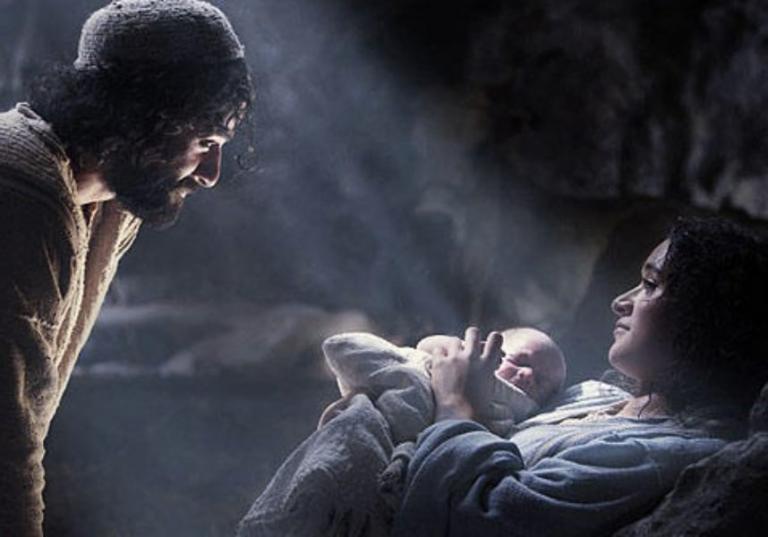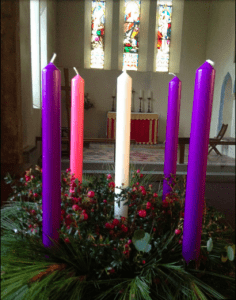
The message of Christmas is the message of Impossible Odds.
Advent is the time of waiting for Christmas, for the incarnation of God in Christ, for the long-awaited hope of God’s kingdom, and for peace and justice and love and wisdom.
But our longing often enough misses the Impossible Odds of what God was doing.
Take Joseph. Matthew’s Gospel, for the 1st Century Jew, tells the story of a righteous man (a zaddik), Joseph, who was known for three major requirements: Joseph new the Torah, Joseph knew the interpretations of that Torah (called sometimes the “traditions” or “rulings” or the “halakhah”), and he lived the Torah as it was interpreted in the traditions. That way of life gave Joseph a reputation as a “righteous man” (Matthew 1:19).
Then take Mary. Luke’s Gospel tells us that this young woman was profoundly devout — an angel visited her, an angel announced to her she would be the mother of God’s Son, Mary consented to this promise and reality, Mary then sang a song that is nothing less than a breathtaking romp through Israel’s hopes for the kingdom of God creating a mosaic of Jewish hope for God’s kingdom — justice for the poor and holiness for God’s people all rooted in God’s utter faithfulness to the promise to Abraham.
Take Jesus. No, before we get to Jesus, let’s go back.
Joseph is visited, too, by an angel and the angel announces to him what he told Mary: Mary would be the mother of the Messiah and that would mean he, Joseph, would be the father of the Messiah. But this is where it gets to Impossible Odds.
One. Joseph chooses to marry a disgraced woman (pregnant before marriage). He knew the Torah well enough and the traditions well enough that many would question his commitment to the Torah and would devalue Mary as disgraced.
Two. Mary would be forever known as a Jewish girl pregnant before marriage. Disgraced. One of Israel’s 1st Century Hester Prinns. Scarlet letter or not, she was disgraced. The villages were too small not to know — and surrounding villages would also have known. The rumor mill would have wondered if she had been raped or seduced. Either way, many would have thought she was unfit for a righteous man.
Three. Jesus. He would be known among his peers and the families of Nazareth and surrounding villages as a mamzer, an illegitimate child.
Three people with less than a top notch reputation in social circles: a righteous man who chose to marry a disgraced woman; a woman pregnant before marriage; and the child, forever classed as illegitimate. Notice the seeming slur at work in this line: “son of Mary” [not “son of Joseph”] (Mark 6:3).
But right here, among this little trinity of troubled stories, God begins kingdom work.
Those are Impossible Odds because none of us would choose these conditions to create a spiritual, religious, and social revolution. A kingdom revolution begun in a family seen as anything but an ideal family in Galilee.
Christmas is a message that God has entered into the depths of our condition in order to redeem us from our condition. No matter our conditions, God’s been there and brings hope.











